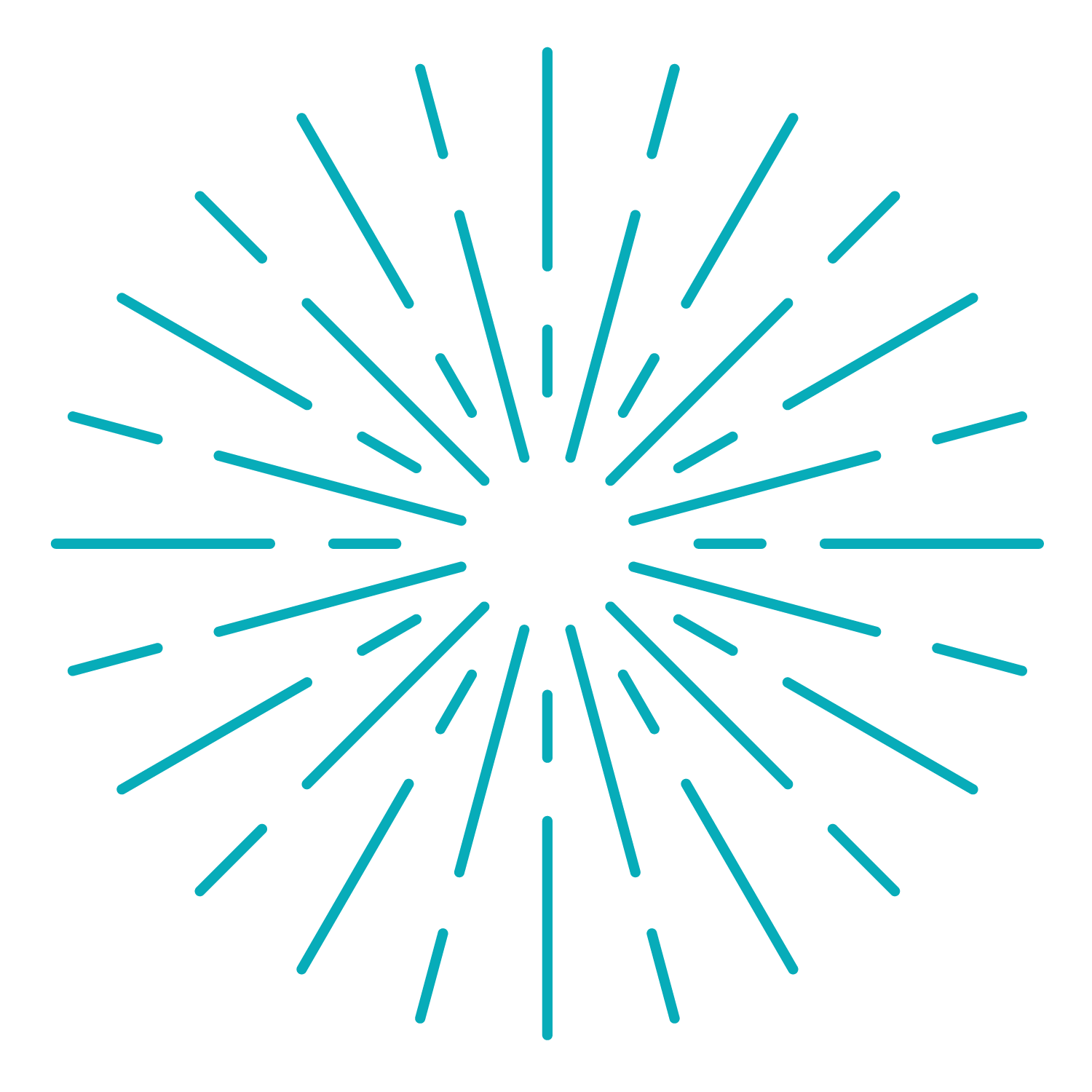Beginner's Mind- a New Heuristic
"In the beginner's mind there are many possibilities, in the expert's mind there are few.”
Shunryu Suzuki
Heuristics (per Wikipedia): any approach to problem solving, learning, or discovery that employs a practical method not guaranteed to be optimal or perfect, but sufficient for the immediate goals… can be mental shortcuts... such as using a rule of thumb, an educated guess, an intuitive judgment, stereotyping, profiling, or common sense.
Let’s face it- we can be know-it-alls.
In medicine, we see it all the time. The more ‘expertise’ we gain, the more we become convinced that we know best. In addition to scientific evidence from medical trials, which far from covers all of the decisions healthcare providers are called upon to make, medical practitioners use heuristics to make decisions about how sick someone is, what diagnosis they have, and what kind of treatment they need.
An unanticipated result of Atlanta's 'snowstorm' last weekend.
Heuristics are used in ‘real’ life too. People of color getting pulled over more often, or getting pulled aside in the airport security line, or politicians making game-time decisions to close down a city because of an imminent snowstorm (ahem, Atlanta). No one can 100% predict who has committed a crime, or who might hijack an airplane, or how severe a storm may be, so we do our best. We act based on our previous experiences, our instincts, and sometimes our prejudices.
What actually happens? Healthcare providers miss one really bad case of something, and then we over-diagnose it in our other patients. Or, we get so used to our heroin addict patients begging for pain medication that we miss an actual life-threatening infection. In real life? People get falsely accused of crimes (or worse), treated poorly in public places (or worse), or a city needlessly shuts down (or faces life-threatening weather if not properly warned).
No matter how much we think we might know, it's always a good idea to see it through fresh eyes.
Buddhism has a tenet called ‘Beginner’s Mind’ that encourages us to look at everything in life as a child would, as if it was our first time seeing it. We can apply Beginner’s Mind to the practice of medicine, and to life in general. If we revert to panic mode, to old habits, every time we feel threatened by something scary and ‘other’, such as a person, a behavior, or a weather prediction, we miss out on our best selves. We miss a fresh perspective on a patient’s medical complaints, a new friendship, truly embracing a different culture, or a fun weekend in a city that was ‘supposed to’ have bad weather.
The next time we’re called upon to make a snap decision, we can work on allowing Beginner’s Mind to take precedence over fear, prejudice and ‘knowing it all’. What would happen if we cultivated Beginner’s Mind as a heuristic? We might be able to change the way we see life’s ‘problems’. What was scary becomes an opportunity for joy and growth.


